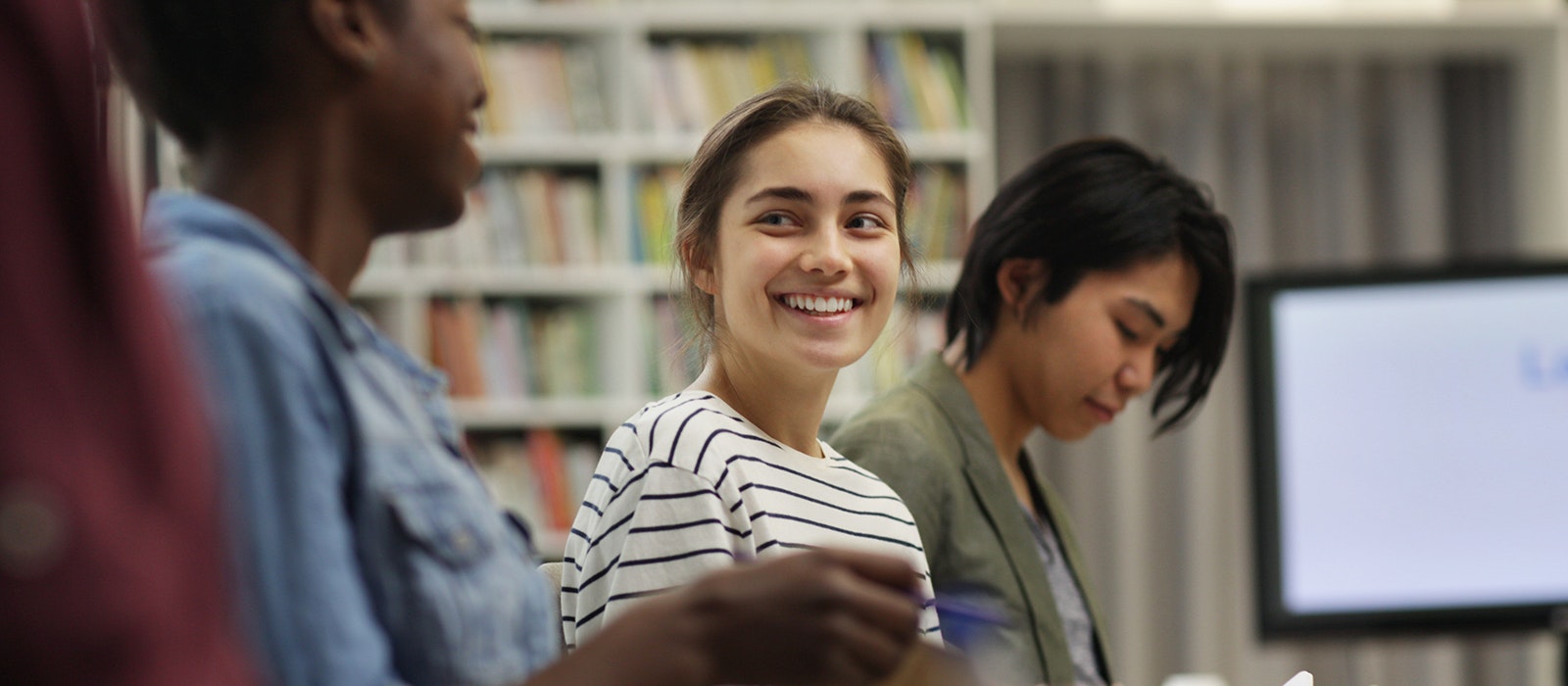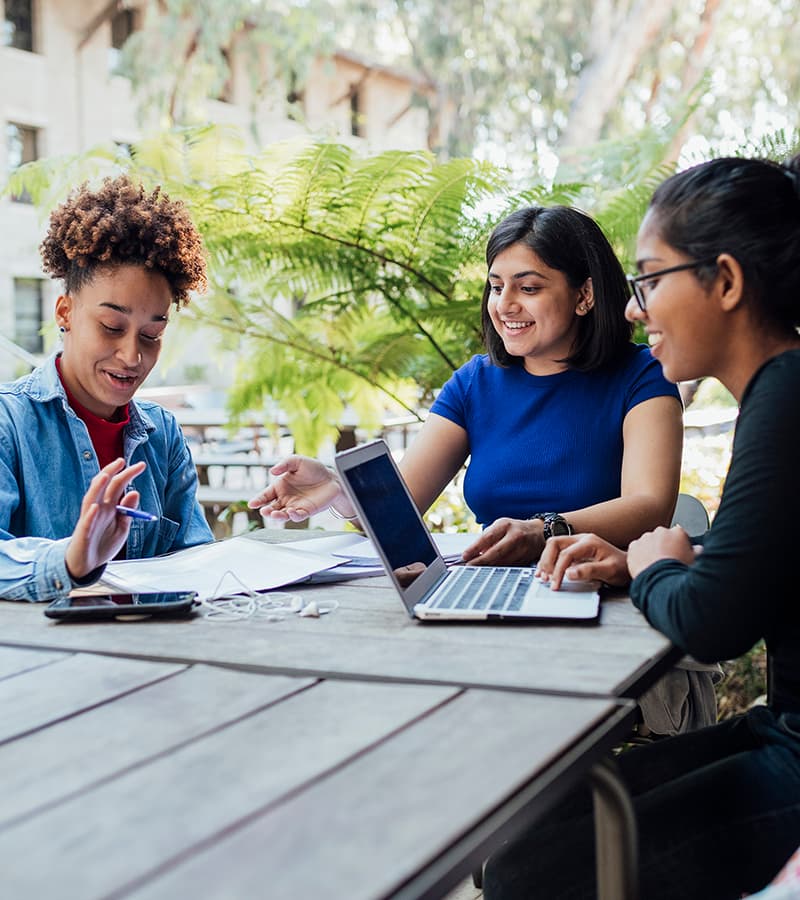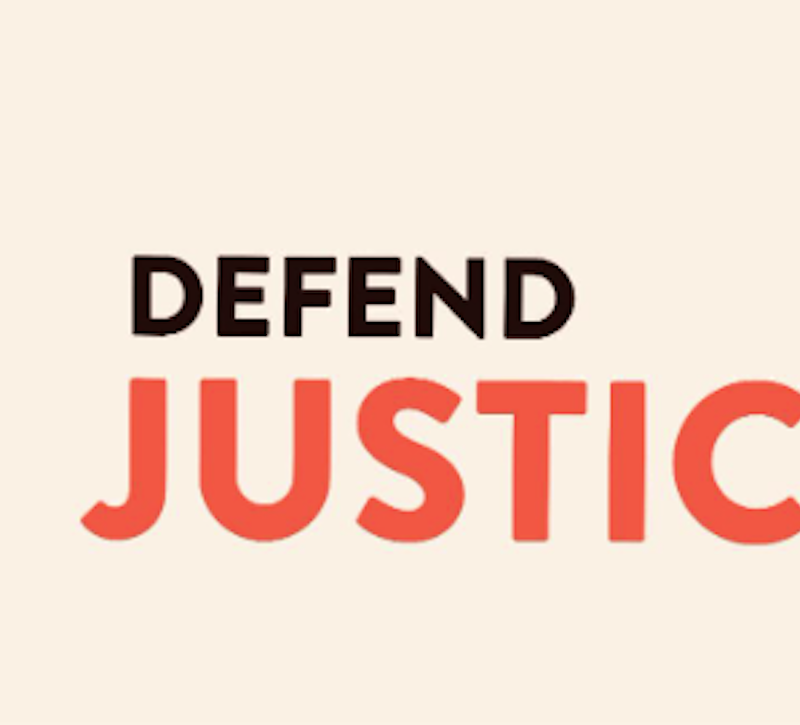Background
For many years, immigrants and immigration advocacy groups, FWD.us included, have been focused on increased access to higher education for undocumented youth. Much of our work has focused on the mechanisms that will increase access to higher education, such as in-state tuition and financial aid, but less attention has been paid to social support systems that will help undocumented students thrive as they pursue and earn their degrees. We spent some time researching some of the social infrastructures at colleges and universities that go beyond fulfilling undocumented students’ basic needs of financial support, food security, and academic advising.
We know that institutional support at colleges and universities must include resources that do more than just admit undocumented students to their campus. We have also learned that undocumented students and U.S. citizen students with undocumented parents face very similar challenges in higher education. In this guide, we will use the term “directly affected students" to refer to students who face particular challenges due to their immigration status or the immigration status of close family members. Students who are directly affected by the immigration system include undocumented students, both with and without DACA; Temporary Protected Status (TPS) and Deferred Enforced Departure (DED) holders; and U.S. citizens with undocumented parents or immediate family members like a sibling. Frequently, directly affected students are also first-generation college students, often from low-income families. The social support systems we focus on in this guide specifically cater to these unique identities and experiences.
We began trying to determine what support systems could best benefit i students who are directly affected by the immigration system by researching existing community-focused programs at colleges and universities including institutional support for students of varying racial, ethnic, and social identities as well as scholarships and other non-employment-based funding options for undocumented students. Many of the programs spotlighted in the following sections stood out both as examples of existing community-focused support that could be replicated at other institutions, and as programs filling a unique niche for directly affected students. Interviewing current and recently graduated undergraduate and graduate students also played an essential role in understanding what type of resources students feel are lacking on their campuses and how holistic support for directly affected students can be improved. We wanted this guide to focus on aspects of holistic support, specifically, thinking beyond academic support to consider students’ mental, physical, and social wellness that must be supported for students to thrive.
Based on the research outlined in the previous paragraph, we’re proposing three types of social infrastructure that institutions should consider implementing to support their students who are directly affected by immigration more holistically: peer support, mentorship, and family engagement. Each of these support systems should be offered in a culturally responsive way – making sure programming is implemented with a keen consideration of students’ varied backgrounds and experiences – which may include specific cultural understandings of topics such as mental health, interactions with the criminal justice system or crimmigration system, family separation due to the criminal justice system or immigration enforcement, a history of cultural erasure, or living in an ongoing fight for legislation that will protect them and their families.
- Peer Support – Peer support occurs when a group of individuals with similar lived experiences comes together to give and receive help based on the knowledge that comes from those lived experiences. Peer support groups allow individuals – in this case, students – to gain increased insight into the factors that have contributed to their current challenges and the strategies that seem to work best to help them move toward their goals.
- Mentorship – A mentor is defined as “an experienced and trusted adviser,” someone with whom an individual can develop a long-term relationship that is centered around building the mentee’s growth and development. Mentorship can be valuable to undocumented students and other directly affected students whether they are mentors or mentees. Students who are directly affected by the immigration system have unique experiences and knowledge, particularly when it comes to navigating higher education. Talking to others who have navigated similar situations can give them the tools they need to thrive.
- Family Engagement – Students affected by immigration frequently mention the desire for their families to be more engaged in their pursuit of higher education. Due to language barriers or a lack of institutional knowledge from parents who may not have had access to higher education, parents who have previously been involved in their child’s K-12 education may face obstacles in continuing to support their children’s education in the same way when they head to college. Creating opportunities for parents to understand higher education experiences and processes can help ease the burden of students feeling like they are alone in their education. In addition, offering resources to students’ undocumented family members can take some of the pressure off of students who are not only providing for their families financially but who are also mentally and emotionally taxed thinking about their families’ safety.
Each of the above-defined social support systems was identified as a key component of holistic support for students affected by immigration because each addresses mental and social wellness through community. The importance of community and familial support were recurring themes in our conversations with students and alumni. In addition, we know that it is especially critical to foster community for immigrants who are Black, Asian, and Indigenous, as the integrity of their communities were compromised due to the trauma caused by colonization and ongoing colonialism, and their communities and families continue to be broken due to family separation in our immigration system.
This guide is only a first step in identifying ways to support students holistically, and our goal is to continue to innovate and strengthen the types of support that colleges and universities can offer directly affected students. These students are the experts on what they need to succeed in higher ed and should be consulted before any social support systems are implemented.









